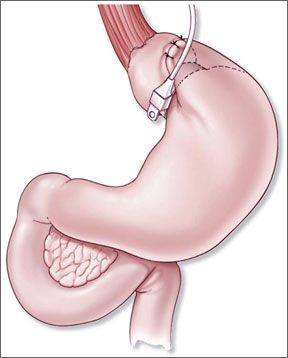Celebrities and others who have undergone startling transformations resulting from weight loss or bariatric surgeries have garnered plenty of headlines in recent years. But the procedures, in which a patients digestive anatomy is altered to limit the amount of food that can be consumed, is not a fad. Nor is it something that is solely about weight loss for cosmetic reasons. A study in the Aug. 18 issue of the Journal of the American College of Cardiology found that the heart muscles of people with a body mass index (BMI) averaging 40 became significantly thinner and pumped more efficiently when they lowered their BMI to 32.2 in a single year. A BMI of 30 or more is considered the marker of obesity. Patients in the study achieved a lower BMI either through diet or bariatric surgery. A year later, after the weight loss, the heart muscles of the obese patients were less overgrown and the hearts could hold more blood. Thickening of the hearts main artery, the aorta, was also reduced after the weight loss. Researchers suggest that this helps clarify the relationship between obesity and heart attack and sudden death. Rather than strictly leading to higher blood pressure and arterial disease, obesity appears to have a major influence on the actual functioning of the heart.
To continue reading this article or issue you must be a paid subscriber.
Sign in






